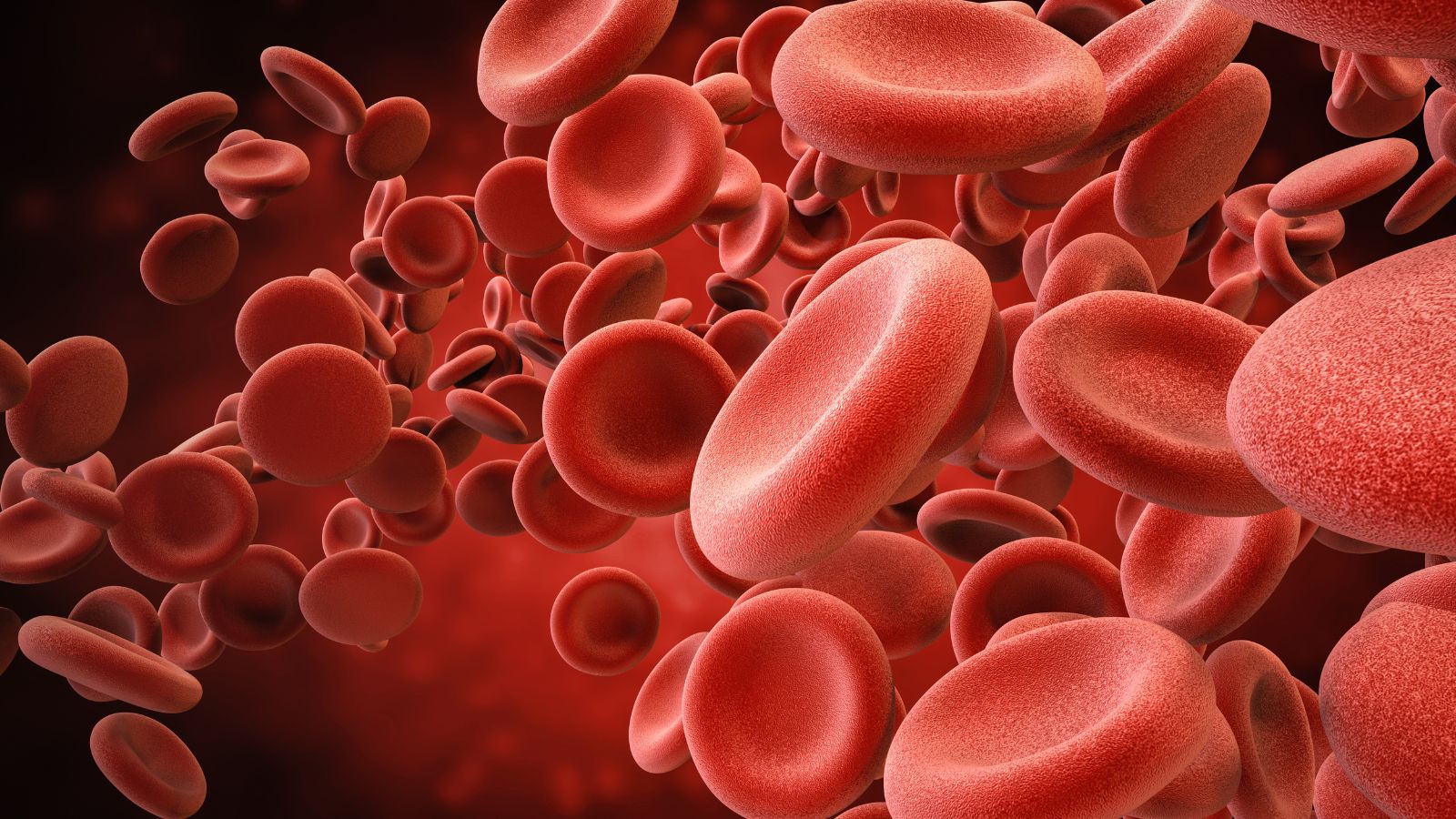5 Signs of Blood Sugar Issues You Need to Know About
•Posted on May 08 2024

Understanding the intricacies of blood sugar management is essential for maintaining a healthy lifestyle, particularly for those dealing with or at risk of diabetes.
In this comprehensive article, we'll explore the critical signs of blood sugar issues, dive into the symptoms of blood sugar spikes, discuss the role of diet and supplements like magnesium, and provide a guide to managing your glucose effectively.
Here's everything you need to know about recognizing and handling blood sugar irregularities.
Recommended for You:

What is Blood Sugar?

Blood sugar, or glucose, is the main sugar found in your blood.
It comes from the food you eat, and it's your body's primary source of energy.
Your blood carries glucose to all of your body's cells to use for energy.
However, maintaining the right glucose levels is crucial, as imbalances can lead to serious health issues.
Healthy Blood Sugar Levels
Healthy blood sugar levels vary depending on your last meal, time of day, and other factors. Generally, for most adults:
- Normal fasting blood sugar (after not eating for at least eight hours) should be between 70 and 99 mg/dL.
- Two hours after eating, blood sugar levels should be less than 140 mg/dL.
These levels can be regularly monitored at home with a glucose meter and should be periodically validated through an A1C test, which reflects average glucose levels over the past three months.
5 Signs of Blood Sugar Issues

-
Frequent Urination and Increased Thirst: Excessive sugar in your blood can lead to osmotic diuresis, where the body attempts to excrete the excess glucose through urine. This can lead to dehydration, causing increased thirst.
-
Fatigue: High blood sugar levels can prevent glucose from efficiently reaching your cells, resulting in constant tiredness and fatigue, despite adequate rest.
-
Blurred Vision: Hyperglycemia can cause fluid to be pulled from the lenses of your eyes, affecting your ability to focus and leading to blurred vision.
-
Slow Healing Wounds: When blood sugar levels are persistently high, it can impair blood flow and cause nerve damage, which can hinder the body's ability to heal wounds.
-
Tingling or Numbness in Hands or Feet: Known as neuropathy, this symptom can occur due to high glucose levels damaging the nerves, particularly in your extremities.
Recommended for You:

Symptoms of Blood Sugar Issues
Apart from the signs mentioned above, symptoms of blood sugar issues may also include extreme hunger, unexpected weight loss, dry skin, and more frequent infections.
These are important indicators that your glucose levels could be off balance.
Can You Have Blood Sugar Issues and Not Be Diabetic?
Yes, not everyone who experiences blood sugar issues has diabetes.
Conditions such as prediabetes, where blood sugar levels are high but not enough to be classified as diabetes, and reactive hypoglycemia, where blood sugar drops too low after meals, are examples of non-diabetic blood sugar issues.
Managing Blood Sugar Spikes

Managing blood sugar is crucial, especially if you experience spikes. This can typically be managed through:
- Diet: Incorporating a balanced diabetic diet that includes fiber-rich foods, lean proteins, and healthy fats can help stabilize blood sugar.
- Regular Exercise: Physical activity helps lower blood sugar levels and increase insulin sensitivity.
- Medication: If lifestyle changes are insufficient, medications may be necessary as prescribed by a healthcare professional.
How Can Magnesium Help With Blood Sugar Levels?
Magnesium plays a vital role in regulating blood sugar levels. It aids in the release of insulin and the uptake of glucose into the cells.
Studies have shown that magnesium deficiency is linked to insulin resistance, making supplementation potentially beneficial.
Recommended for You:

Greenway Biotech Magnesium Chloride Powder

For those looking to supplement their diet with magnesium, Greenway Biotech Magnesium Chloride Powder can be an excellent choice.
This form of magnesium is easily absorbed and can help maintain healthy blood sugar levels.
Regular use of this supplement might not only support normal blood sugar levels but also help lower high blood sugar levels over time.
Conclusion and Call to Action
Recognizing the signs of blood sugar issues early can lead to quicker interventions and better management of your overall health.
Whether through diet, exercise, or supplements like Greenway Biotech Magnesium Chloride Powder, taking proactive steps is key.
If you're concerned about your blood sugar levels, consider trying Greenway Biotech Magnesium Chloride Powder.
Visit their website today to learn more and purchase a product that could assist in maintaining and optimizing your glucose levels for a healthier tomorrow.
Comments
1 Comments
-

Posted by Kay | October 04, 2024
Leave a CommentI am 64 y.o., type 2 diabetic, am hypo-thyroid, overweight, high blood pressure, etc., I remember taking magnesium as a child (in a chalk form, i think). Your healthcare information is very enlightening, I plan to order the magnesium chloride, although I was confused re: the other items that show up as ‘recommended for me’. Hoping this is a step in the right direction, as I do not want to continue on the medical field path of increasing current meds. Thank you!